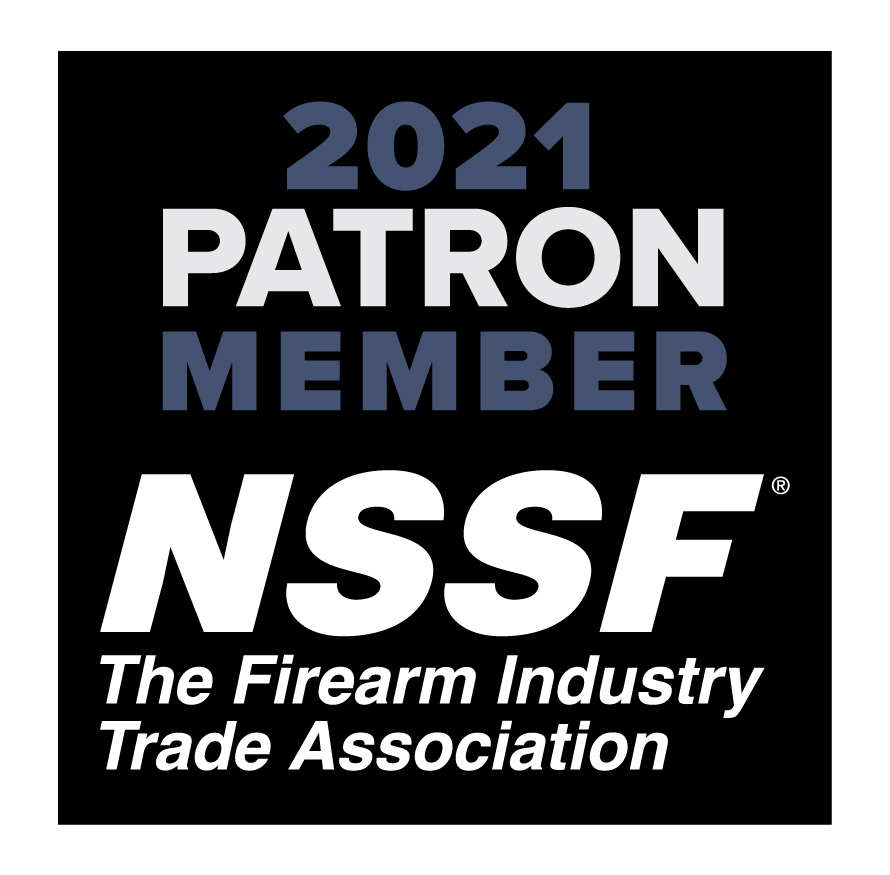Range Glossary of Terms
Armor piercing
"Black tips." Armor piercing rounds are designed to penetrate metal. A/P rounds should only be fired into a custom trap. The M855/SS109 steel tipped round is not armor piercing.
Baffles
Angled panels which may be suspended from the roof structure or mounted on the walls or floor. The baffles ensure that direct shots do not exit the range enclosure and protect Range Users & equipment. Savage Range Systems recommends that baffles be installed at an angle of 15 degrees or less to the direction of fire.
Ceiling height
Height from the finished floor level to the bottom edge of the ceiling baffles. This is a critical dimension for the baffle design. The height from the finished floor to the roof structure is critical to the HVAC and lighting design and costs related to hanging the baffles.
Dynamic firing line/tactical range
Also referred to as a 'walk down' range in which the shooters are able to move downrange from the furthest firing point and shoot towards the trap from any downrange position. A static target line is commonly used in a tactical range. Baffles in a tactical range are 'heel to toe', i.e. continuous from the furthest firing position to the trap.
Firing positions
Standing, bench (at a bench or kneeling) or prone. The firing positions being proposed dictates the baffle design. Unless otherwise specified, the following heights (above floor
level) are used for determining the baffle requirements:
Standing - 60"
Bench - 36"
Prone - 12"
Foot pounds of energy (FPE)
Foot Pounds of Energy is the energy produced by the bullet at the muzzle.
Footprint of trap
The actual floor space required for the bullet trap. Savage Range Systems recommends a service/maintenance corridor of at least 3' behind all steel bullet traps. Important Note: When using overhead target systems, the target can be positioned within the footprint of the Snail® Trap. Please refer to the drawings when determining the distance from shooter to target.
Leading edge
Any edge that may result in a potential ricochet.
Range width
The inside finished dimension from sidewall to sidewall, left and right of the shooter.
Safety ceiling
A "horizontal baffle" 12' deep (front to back) positioned over the shooter to absorb an errant discharge. Where there are multiple firing points, there may either be multiple safety ceilings or tactical baffles.
Shooting distance
This refers to the distance from shooter to target at the furthest point down range. Typical shooting distances are 50 feet, 25 yards, 25 meters, 50 yards and 100 yards.
Static firing line
One in which the firing position on the range does not change, all shooting is from a single firing line. Retrievable targets or multiple target lines are commonly utilized. Baffles for this range are spaced increasingly further apart as they approach the trap.
Tracer rounds
Tracer rounds are ignited to show the path of a bullet. Although they can be used with a Wet Snail® Trap, tracer rounds are not recommended for use indoors. Tracer rounds should never be used in rubber traps.

Products
Customer Service
About Us
© 2026. Savage Range Systems, Inc. All rights reserved.

